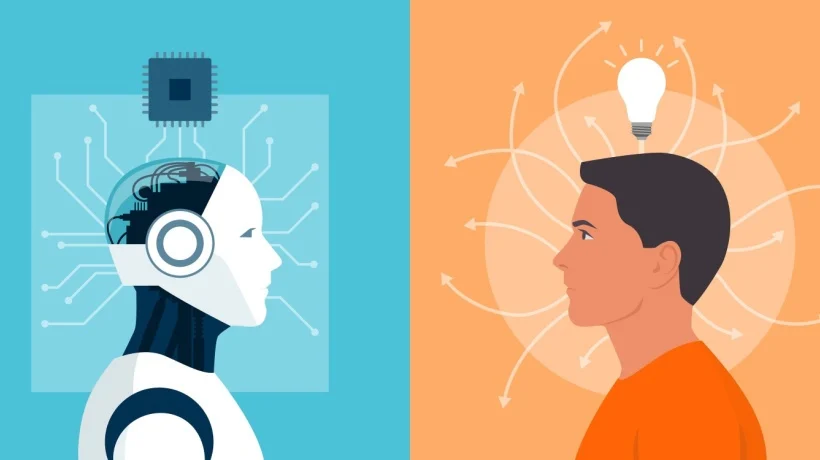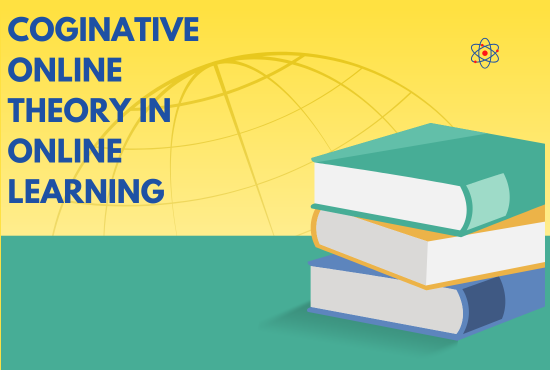Artificial Intelligence in Education
Updated: 04 Jul 2025
Man-made brainpower in Training: Reforming the Fate of Learning
The fast development of innovation has essentially changed different areas of society, and one region encountering significant change is instruction. Man-made reasoning (simulated intelligence) has arisen as a distinct advantage, giving creative ways of further developing instructing, learning, and regulatory undertakings. By saddling simulated intelligence, teachers can make customized growth opportunities, computerize regulatory weights, and upgrade in general instructive results. In this article, we investigate the developing job of man-made intelligence in schooling, its advantages, challenges, and the potential it holds for the fate of learning.
The Job of simulated intelligence in Training

- Personalized Learning
One of the most astonishing uses of artificial intelligence in schooling is its capacity to fit opportunities for growth to individual understudies. Conventional showing strategies frequently follow a one-size-fits-all methodology, which can leave a few understudies battling while others may not be adequately tested. Simulated intelligence can evaluate the advancing necessities and styles of every understudy, adjust illustration designs, and give customized criticism continuously. For example, man-made intelligence controlled stages like versatile learning frameworks can follow an understudy’s advancement, distinguish information holes, and change the speed and content as needs be, guaranteeing every student gets the right help. - Intelligent Coaching Systems
Man-made intelligence fueled coaching frameworks, for example, chatbots or virtual mentors, can furnish understudies with on-request help beyond class hours. These frameworks can address questions, make sense of ideas, and even reenact intelligent critical thinking works out. While not intended to supplant human educators, these devices offer advantageous help, particularly in enormous homerooms where individual consideration might be restricted. - Automating Regulatory Tasks
Computer based intelligence is likewise assuming a critical part in smoothing out managerial errands. Educators frequently invest a significant measure of energy on reviewing, participation, and overseeing homeroom exercises. Man-made intelligence can computerize routine undertakings like evaluating different decision tests, overseeing plans, and examining understudy execution information. By freeing instructors from tedious authoritative work, artificial intelligence permits them to zero in more on educating and associating with understudies. - Data-Driven Insights
Artificial intelligence can break down tremendous measures of instructive information, giving important experiences into understudy execution and ways of behaving. By analyzing patterns in understudy information, simulated intelligence devices can distinguish in danger understudies, feature regions where the class is battling, and recommend upgrades to the educational program. These information driven experiences enable instructors to pursue informed choices, working on the general adequacy of educating techniques.
Advantages of artificial intelligence in Schooling
- Improved Accessibility
Artificial intelligence can possibly make training more available to understudies with handicaps. For instance, man-made intelligence controlled instruments can give discourse to-message capacities, assistive advancements for understudies with visual or hearing disabilities, and even interpretation administrations for non-local speakers. These apparatuses establish more comprehensive learning conditions, guaranteeing that all understudies have an equivalent chance to succeed. - Cost-Successful Learning
With computer based intelligence, instructive establishments can decrease functional expenses. Robotization of undertakings, like reviewing and managerial work, decreases the requirement for extra staff and limits the gamble of human mistake. Furthermore, man-made intelligence driven stages can give excellent instruction for a portion of the expense of conventional showing techniques, making learning more reasonable and open to a more extensive crowd. - Enhanced Educator Effectiveness
Man-made intelligence can act as a steady device for educators, assisting them with refining their showing techniques and spotlight on regions where understudies need the most consideration. By dissecting homeroom elements and understudy information, man-made intelligence frameworks can give thoughts on the most proficient method to further develop showing systems, upgrading generally speaking study hall viability. - 24/7 Learning Support
Artificial intelligence fueled devices offer nonstop help for understudies. Whether they need assistance figuring out an illustration, evaluating concentrate on material, or rehearsing critical thinking, computer based intelligence frameworks can give moment reactions and direction. This adaptability is especially advantageous for understudies in distant regions, online students, or those concentrating on beyond customary homeroom hours.
Difficulties of simulated intelligence in Training
While simulated intelligence presents various open doors, its combination into schooling likewise raises a few difficulties:

- Privacy Concerns
The utilization of simulated intelligence in training frequently includes the assortment of a lot of individual information from understudies, like scholastic execution, learning inclinations, and personal conduct standards. This raises worries about information protection and security. It is fundamental for instructive organizations to embrace powerful information insurance measures to guarantee that understudy data is kept secure. - Bias in simulated intelligence Algorithms
Simulated intelligence frameworks are just however great as the information they may be prepared on. Assuming the information used to foster artificial intelligence calculations is one-sided, the simulated intelligence framework might propagate those inclinations, prompting unreasonable or biased results. For instance, a simulated intelligence apparatus intended to survey understudy execution could unjustifiably incline toward specific gatherings over others assuming prepared on information reflects cultural predispositions. Addressing predisposition in computer based intelligence calculations is significant to guarantee reasonableness and value in schooling. - Teacher Preparing and Adaptation
Artificial intelligence in training expects educators to take on new advancements and techniques. This shift can be trying for certain instructors, especially the individuals who are curious about advanced devices or computer based intelligence applications. Proficient turn of events and preparing programs are vital for assist teachers with actually integrating computer based intelligence into their instructing rehearses. - Equity and Access
While artificial intelligence can possibly make instruction more available, there are worries about the advanced gap. Understudies in low-pay regions or country areas might not approach the fundamental innovation, like rapid web or gadgets, to completely profit from man-made intelligence fueled training. Guaranteeing evenhanded admittance to artificial intelligence apparatuses is fundamental to forestall further variations in instructive open doors.
The Eventual fate of man-made intelligence in Schooling
As man-made intelligence keeps on advancing, its true capacity in training is endless. We can hope to see significantly more complex uses of computer based intelligence, like augmented simulation (VR) and increased reality (AR), that give vivid growth opportunities. Simulated intelligence could likewise assume an essential part in long lasting getting the hang of, assisting individuals with persistently obtaining new abilities in a steadily changing position market.
In addition, simulated intelligence’s job in training will probably grow past customary tutoring frameworks to incorporate corporate preparation, grown-up schooling, and, surprisingly, casual learning conditions. Customized learning, fueled by simulated intelligence, will turn into a standard, with understudies getting to fitted substance and backing that takes care of their one of a kind learning ventures.

End
Computerized reasoning is without a doubt changing the instructive scene, achieving various advantages, from customized figuring out how to managerial efficiencies. Notwithstanding, for computer based intelligence to understand its maximum capacity in training, challenges like information security, algorithmic predisposition, and fair access should be tended to. With cautious execution and continuous advancement, man-made intelligence can reform how we instruct, learn, and plan understudies for what’s to come. As we look forward, the combination of human knowledge and man-made intelligence vows to make a more unique, comprehensive, and powerful instructive experience for all.





